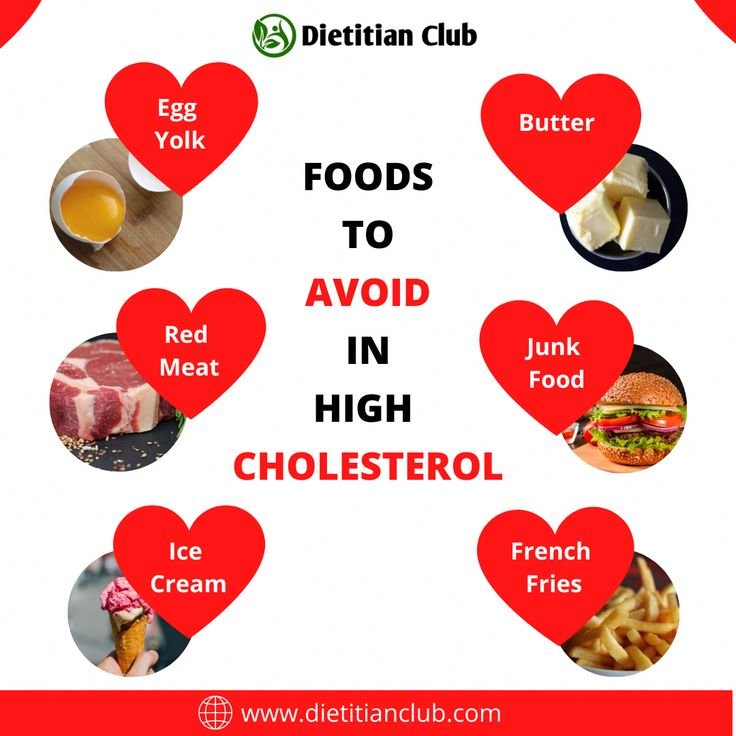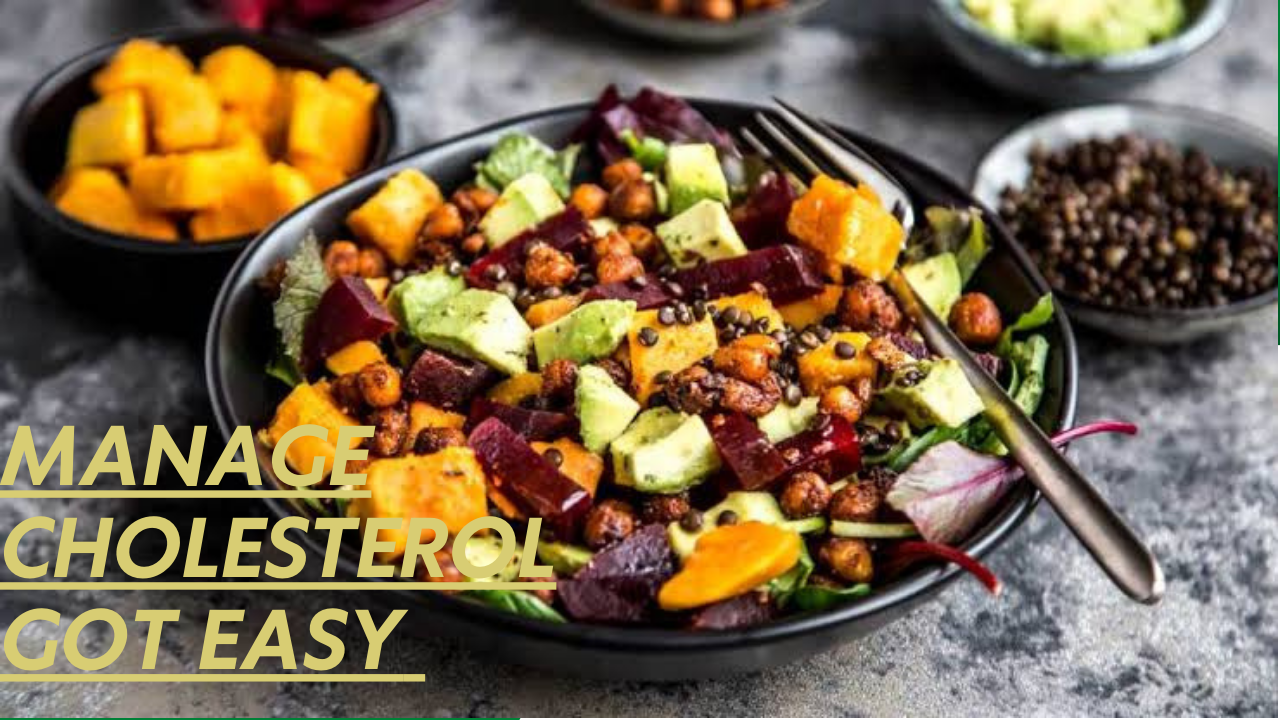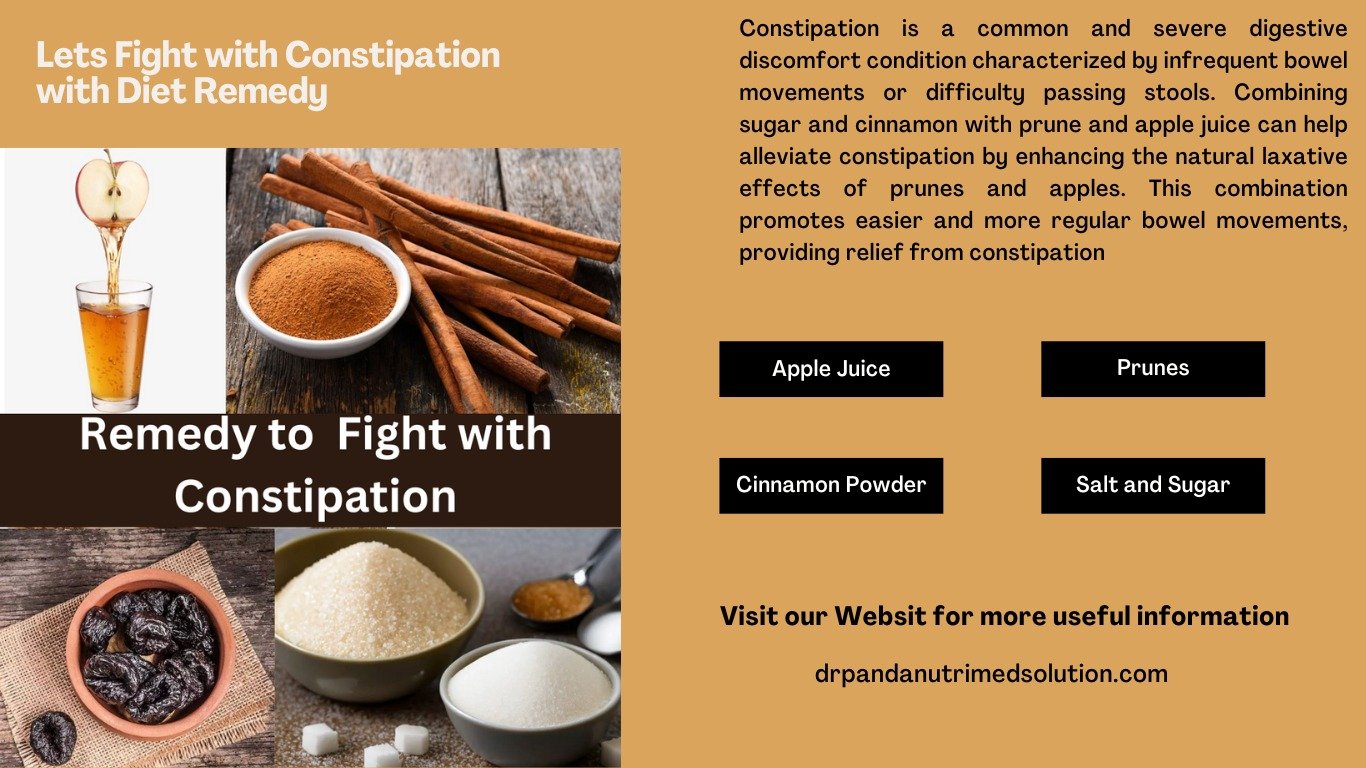Managing cholesterol levels is crucial for maintaining heart health and reducing the risk of cardiovascular diseases. A healthy diet plays a significant role in controlling cholesterol levels. This comprehensive guide provides practical tips on how to manage cholesterol through dietary changes.
Understanding Cholesterol:
Cholesterol is a waxy substance found in your blood. While your body needs cholesterol to build healthy cells, too much can lead to heart disease. Cholesterol is carried through the blood attached to proteins called lipoproteins. The main types are:
Low-Density Lipoprotein (LDL): Often referred to as “bad” cholesterol, high levels of LDL can lead to plaque buildup in arteries.
High-Density Lipoprotein (HDL): Known as “good” cholesterol, HDL helps remove LDL from the arteries.
Foods That Help Lower LDL Cholesterol
1. Oats and Barley: Rich in soluble fiber, which helps reduce the absorption of cholesterol into your bloodstream. Aim for at least 5-10 grams of soluble fiber a day.
2. Nuts: Almonds, walnuts, and other nuts can improve blood cholesterol. Consuming about a handful (1.5 ounces) daily can reduce LDL levels.
3. Fruits and Vegetables: High in fiber and antioxidants, they help lower cholesterol. Apples, grapes, strawberries, and citrus fruits are particularly beneficial.
4. Fatty Fish: Salmon, mackerel, and tuna are high in omega-3 fatty acids, which can lower LDL and raise HDL cholesterol.
5. Legumes: Beans, lentils, and peas are high in soluble fiber and protein, making them excellent for lowering LDL levels.

Foods to Avoid
1. Trans Fats: Found in many fried foods and baked goods, trans fats increase LDL and lower HDL cholesterol. Avoid products with partially hydrogenated oils.
2. Saturated Fats: Limit intake of red meat and full-fat dairy products. Choose lean cuts of meat and low-fat dairy options instead.
3. Processed Foods: Often high in unhealthy fats, sodium, and sugars, which can negatively impact cholesterol levels.

Healthy Cooking Tips
1. Use Healthy Oils: Cook with olive oil or canola oil instead of butter or lard.
2. Grill, Bake, or Stew: opt for these cooking methods instead of frying to reduce the intake of unhealthy fats.
3. Season with Herbs and Spices: Use herbs, spices, and lemon juice to flavour food instead of salt and high-fat dressings.
Also Check: Cholesterol Management
Lifestyle Changes for Better Cholesterol Management:
1. Exercise Regularly: Aim for at least 30 minutes of moderate exercise most days of the week. Physical activity helps raise HDL cholesterol.
2. Maintain a Healthy Weight: Losing excess weight can help lower LDL and total cholesterol levels.
3. Quit Smoking: Stopping smoking improves HDL cholesterol and benefits heart health.
Also check:“CONSTIPATION: THE BEST REMEDY TO FIGHT WITH”
Conclusion
Managing cholesterol with a healthy diet involves making informed food choices and adopting beneficial lifestyle habits. Incorporate more fiber-rich foods, healthy fats, and lean proteins into your diet while avoiding trans fats and processed foods. Regular exercise and maintaining a healthy weight further enhance cholesterol management. By making these changes, you can significantly improve your cholesterol levels and overall heart health.
Contact us for personalized advice, we will provide tailored recommendations based on your specific health needs and conditions.



